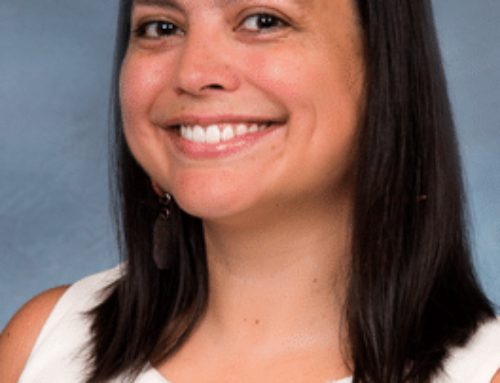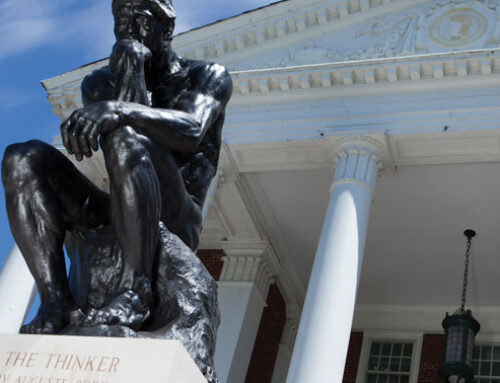By Emma Smith
If you find yourself out near Eastern Kentucky University, set your dial to 88.9 WEKU. Out west, you’d likely tune in to WKYU-FM. The University of Kentucky has options: student-run WRFL or their NPR affiliate WUKY. Many colleges across the United States and Kentucky are home to radio stations that serve communities of millions, not just for sports.
But the University of Louisville does not. While the University does have sports radio, it currently does not have a radio show where students can participate either on air or in the booth.
The history of radio at U of L
However, U of L hasn’t always been without a radio station. We used to have one many many years ago. Dr. Al Futrell, former head of the Communication Department, reflected on the first station housed in Strickler.
“Originally, we got a station in 1976 called WUOFL that was located in the basement of Strickler. It failed due to the fact that they really were not affiliated with the University and also played only classical music,” he said.
Futrell also said that due to the changing atmosphere of music and what students wanted to listen to, the station began to become more unpopular among students. “It would end up merging with WFPL, which the station competed with.”
Another issue he noted was the technology at the time. The type of technology that the University has for radio —good-quality headphones, a microphone, and a mixing console—is outdated, not having been updated since the original station began. It’s also important to maintain a proper license for radio to be able to broadcast on the air, which can also be hard to obtain due to the limited number of channels available to broadcast through.
In the 90s, U of L ended up getting a second station that was streaming only, and if students wanted they could go on and host whatever, whenever. The issue with this station was the lack of student interest.
Most were unaware of its existence, and not many people cared when it ended up getting shut down around 2012.
U of L used to teach a course in radio production, but eventually, that would be removed too.
A real-world experience
Currently, the University houses the ACCN ESPN Broadcast Center, which primarily focuses on sports. Julie Keehn, a 2nd year graduate student intern for this center, appreciates the real-world experience.
“I like it, it’s fun and I like that it is very hands-on…[U of L doesn’t] have a minor or major in broadcasting. People are encouraging supportive and open to what you want. The station will let you work on different positions throughout the intern program,” she said.
According to Keehn, the station mainly broadcasted on television, in-game venues on TV, and also live on social media. Intern programs such as these are important for students to be able to explore their interests especially if the University doesn’t offer programs such as broadcasting for students.
Should the University bring back the radio station?
In the traditional format of broadcasting, probably not. Not many people listen to the radio anymore. Most people when listening would listen in their cars or homes. Now, many cars offer the opportunity for Bluetooth listening. According to Dr. Futrell, “You are your own programmer.” This means that you can choose what you want to play when you want to play it.
For a show like this to succeed, it would need strong personalities to host it. Futrell said “It would also help to have faculty help to facilitate it. Podcasting is the future.”
Along with student interest, some form of organization would also be required for it to be successful. In general, though, podcasting is very easy for almost anyone to create; all you need is a microphone. There are no licensing requirements and fewer rules as to topics or subjects, making it a more independent form of media.
Keehn, who is currently taking a class on podcasting, said she would be interested in listening to a podcast about student experiences on campus. Podcasting would also be more accessible than radio for students to listen to.
“I was nervous when I transferred here so having a space for students to share their own experiences going through U of L would be very helpful, especially for incoming students.”
Photo Courtesy // Julie Keehn; U of L Archives






